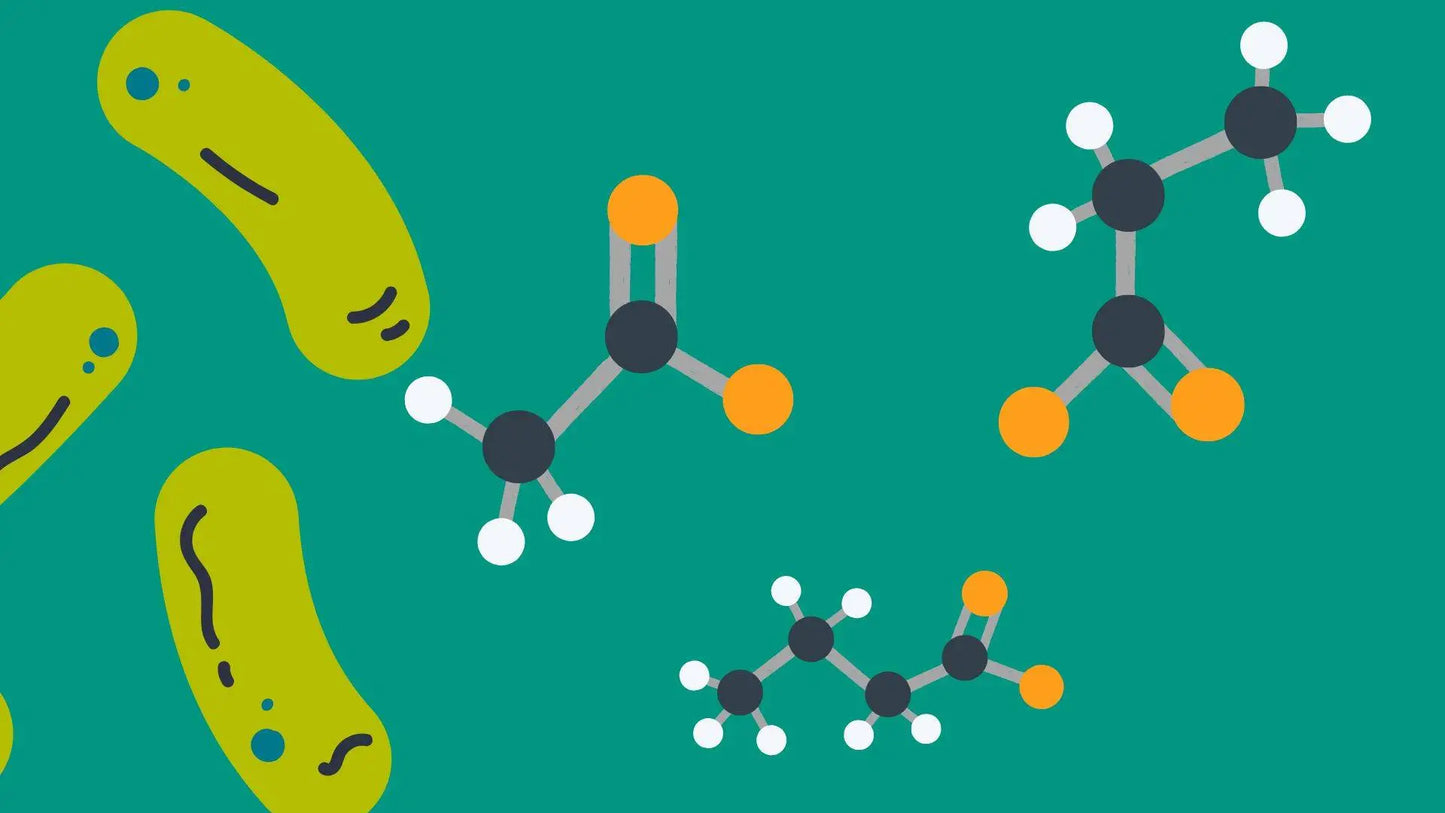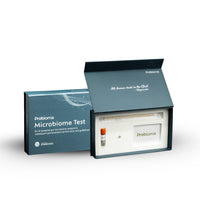
The intricate ecosystem within our gut is teeming with trillions of microorganisms that play a pivotal role in our health. Among their many contributions, the production of short-chain fatty acids (SCFAs) stands out as particularly significant. But where exactly are SCFAs produced, which bacteria are responsible, and how are they created?
Where Are SCFAs Produced?
SCFAs are primarily produced in the large intestine, specifically within the colon. This production takes place as a result of the fermentation of dietary fibers that are resistant to digestion in the upper gastrointestinal tract. These fibers reach the colon intact, where they become substrates for the resident microbiota.
Which Bacteria Produce SCFAs?
The production of SCFAs is a collective effort by various bacterial species within the gut microbiome. Key players include:
- Bacteroides spp.: These bacteria are proficient in fermenting a wide range of carbohydrates, contributing significantly to acetate and propionate production.
- Firmicutes spp.: Members of this phylum, such as Faecalibacterium prausnitzii and Roseburia spp., are major butyrate producers.
- Lactobacillus spp. and Bifidobacterium spp.: These bacteria are also involved in SCFA production, albeit to a lesser extent compared to Bacteroides and Firmicutes.
How Are SCFAs Produced?
The process of SCFA production begins with the fermentation of complex carbohydrates, such as dietary fibers and resistant starches. Here’s a step-by-step overview of how this happens:
- Fermentation of Fibers: Indigestible carbohydrates reach the colon where bacteria break them down through fermentation. Enzymes produced by these bacteria hydrolyze the polysaccharides into simpler sugars.
- Anaerobic Metabolism: In the anaerobic environment of the colon, these sugars undergo metabolic pathways such as glycolysis, leading to the production of pyruvate.
-
Conversion to SCFAs: Pyruvate is then converted into SCFAs through various bacterial metabolic pathways. For example:
- Acetate: Produced by many gut bacteria as a byproduct of carbohydrate metabolism.
- Propionate: Produced via the succinate pathway by bacteria like Bacteroides spp.
- Butyrate: Produced through the acetyl-CoA pathway by bacteria such as Faecalibacterium prausnitzii and Roseburia spp.
Understanding the origins of SCFAs provides insight into the critical role of our diet and gut microbiome in maintaining health. The collaboration between dietary fibers and specific gut bacteria underscores the importance of a fiber-rich diet in fostering a healthy gut environment. In our next post, we will explore the various roles these SCFAs play in our body, particularly in gut health, inflammation, immune modulation, and appetite regulation.



